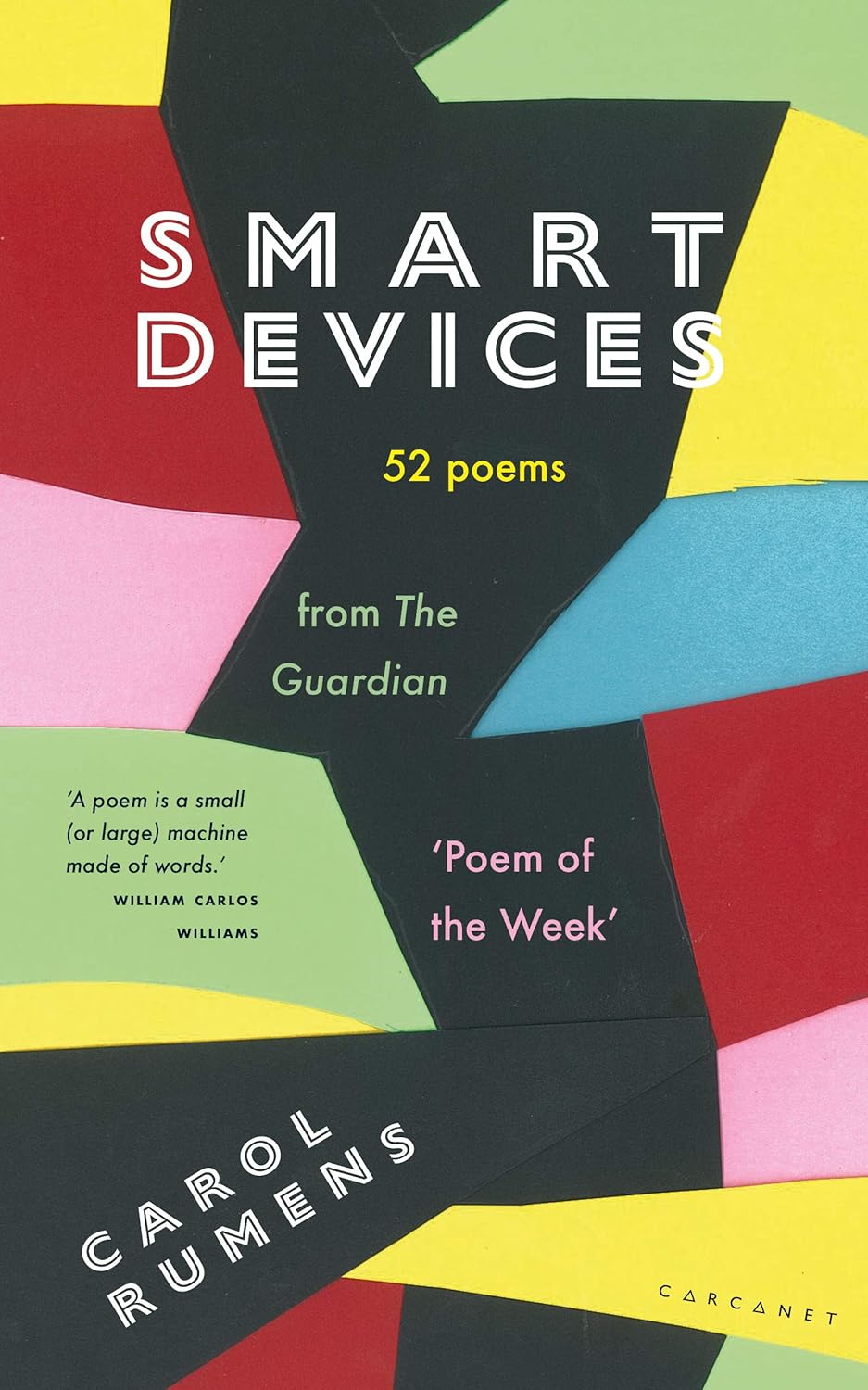About this deal
In the fifth stanza, the prisoner replies to the North Wind, launching a psychological insight impressive for an 18-year-old writer. Though “sad and drear,” the wind’s voice, says the prisoner, is nothing to the “gloomy silence” she has had to endure: in fact, she prefers the arousal of painful emotions and “hot tears” to the “stupor of despair”. The unexpected off-rhyme of “silence” with “voice” is eloquent. Again, there’s a suggestion that lived experience authenticates the insight and the tone.
But for all your faults I love you, For you linger with us still, Though the wintry winds reprove youThat gently evocative phrase, “the day of easy speech”, reminded me of Tennyson’s gesture towards Arthur Henry Hallam (“the tender grace of a day that is dead”) in Break, Break, Break. Allison’s tone is less emotional, of course: there’s a subtler level of analysis at work, and the syntax and diction are chosen to emphasise rather than untangle the complexity.
Note: in print, Second Sleep has the right-hand marginal justification usual to the prose poem, but impossible to reproduce here. The italics have been added for this online text with the author’s permission.)The English translation now cuts to the most significant Morfudd image in the poem. At first, the girl/sun metaphor is reversed and it’s the sun that moves “with the dazzle of a girl”. The image isn’t decorative: “beautifully dressed in the body of the day” suggests daylight is the sun’s very skin, no mere costume. Benign and magnificent, the girl-sun “shepherds the sky from horizon to horizon”. It’s a refreshing change from Phoebus’s chariot, and boldly revises the masculine Christian representation of pastoral tenderness. The language of this is dense and, as she herself said, "congested", with "certain hard metallic lines ... introduced with deliberate emphasis to represent a period of muddled and intense thought which arose out of the first years of conflict ... " Roberts recreates in sound and vision both the heavy industrial labour and the violent action of war (a plane comes down in the sea in the last stanza of Part I). In Part IV, a lament entitled Cri Madonna, she adds a surely autobiographical portrait of the gunner-protagonist's wife, who sits "rimmelled, awake before the dressing sun", mourning her miscarried child in an image of "crape-plume/ in a work-basket cast into swaddling clothes."
Dylan Thomas, who faint-praised Roberts as "a curious girl, a poet, as they say in her own right (...) with all the symptoms of hysteria" was the best man at the wedding. The couple moved to a rented cottage in Llanybri, Carmarthenshire, and it was here that Roberts wrote much of her poetry, as well as a novel, Nesta, never published and now, like the third poetry collection, believed lost. Kiedrich Rhys was called up in 1940, and saw active service on Swansea's coastal defences during the blitz, an experience that informs the setting of Part I of Gods with Stainless Ears:
Crane parades a somewhat Elizabethan romantic-masochistic style when he claims this “cleaving and this burning” will be learned only by one who “spends out himself again”. The aftermath of the “little death” is colourfully and painfully evoked in the paired images at the start of the last stanza, the “smoking souvenir” and the “bleeding eidolon”. The first suggests a used gun, the second, a disconcerting image from a horror movie.
 Great Deal
Great Deal 